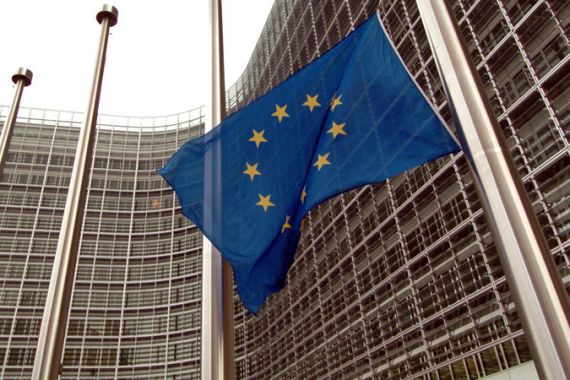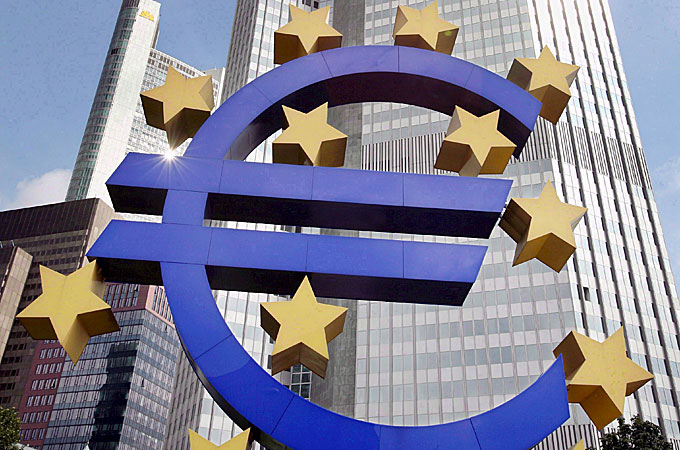ECB raises interest rates amid Portugal woes
European Central Bank approves first increase since July 2008, further pressuring Portugal after its EU bailout request.

 |
| The European Central Bank cut interest rates to a record low of one per cent in May 2009 [EPA] |
The European Central Bank has raised its main interest rate for the first time in nearly three years in a bid to counter inflation in the eurozone.
Thursday’s decision to increase the rate by a quarter percentage point to 1.25 per cent was also the first change to its main interest rate since it was slashed to a record low of one per cent in May 2009.
Keep reading
list of 4 itemsWhy are nations racing to buy weapons?
Parallel economy: How Russia is defying the West’s boycott
US House approves aid package worth billions for Ukraine, Israel
Jean-Claude Trichet, president of the bank, said Europe was facing inflation risks despite economic difficulties in Ireland, Greece and Portugal, which became the latest victim of the region’s debt crisis on Wednesday, asking for an EU bailout.
Trichet said inflation risks “remain on the upside” and that the bank would “monitor very closely” future price developments.
The increase is likely to place further economic pressures on Portugal, Ireland and Greece as they struggle with spiralling debts.
“This makes the ECB the first major developed economy central bank to hike rates and the decision will cement its reputation as a single-minded inflation fighter,” Nick Kounis, an ABN Amro economist, told the Reuters news agency.
“The hike is unwelcome for peripheral countries, but arguably the core member states were in need of this move already some time ago.
“In that sense, the timing of the increase is a balancing act, which is part and parcel of the one-size-fits-all monetary policy.”
Countries such as Austria, France, Germany and the Netherlands have all been experiencing strong growth, driving a push for higher interest rates.
Analysts are now speculating whether the rate increase will trigger a series of hikes extending into 2012.
With inflation at 2.6 per cent and likely to climb even further above its two per cent target, the ECB’s governing council has decided to act ahead of its peers the US Federal Reserve, the Bank of England and the Bank of Japan.
In London, the Bank of England kept its own key rate at a record low of 0.50 per cent.